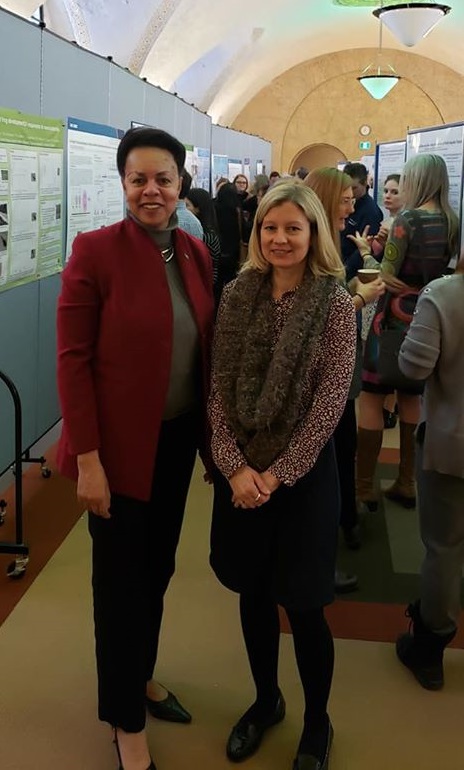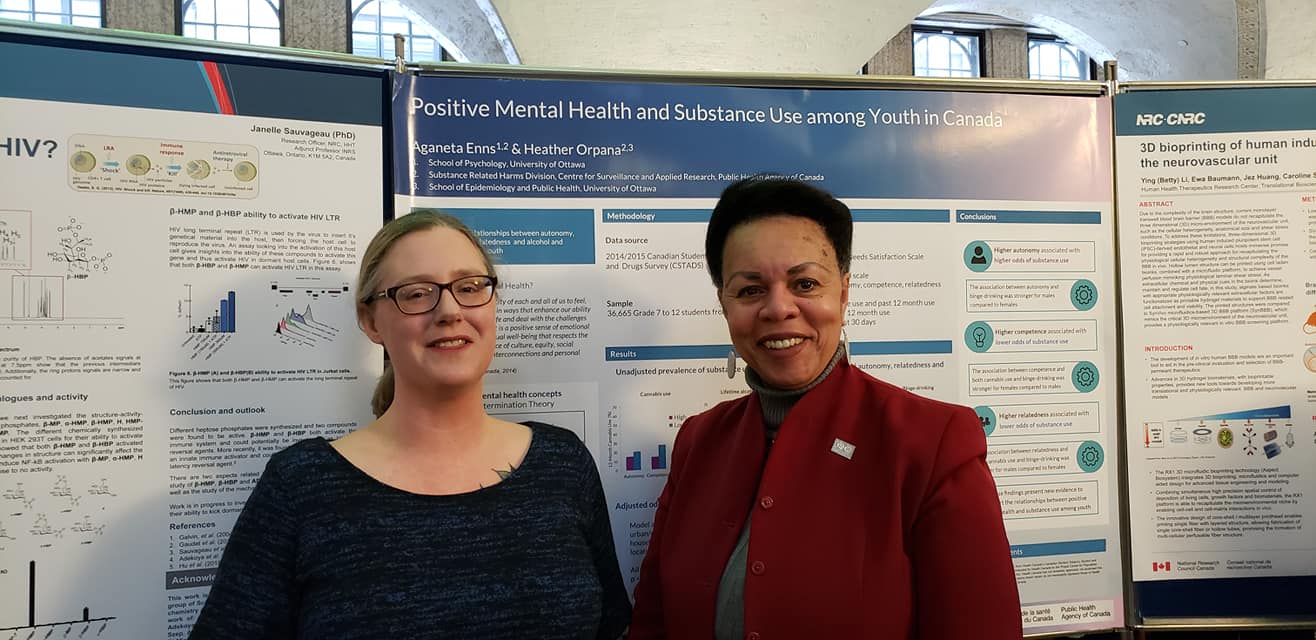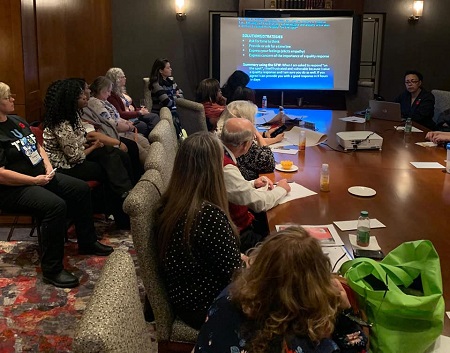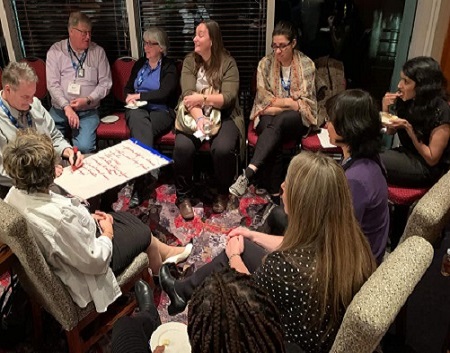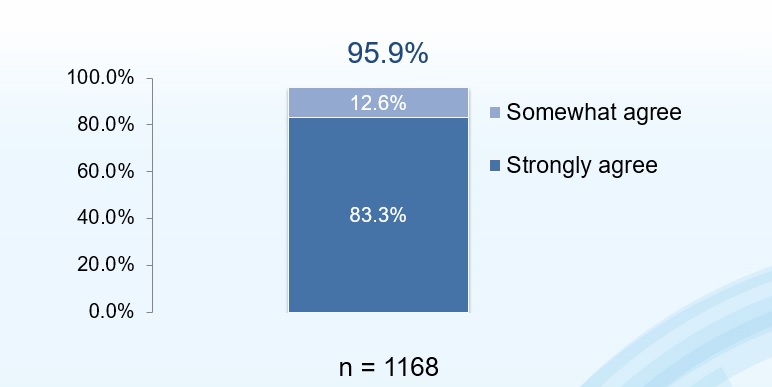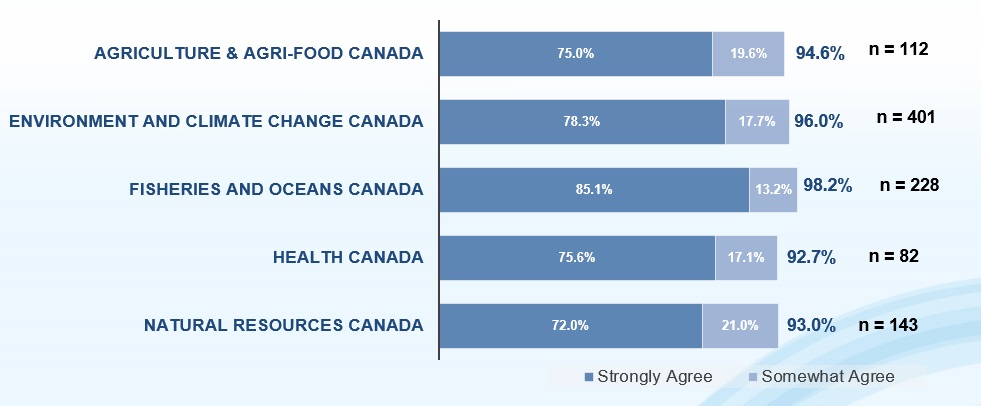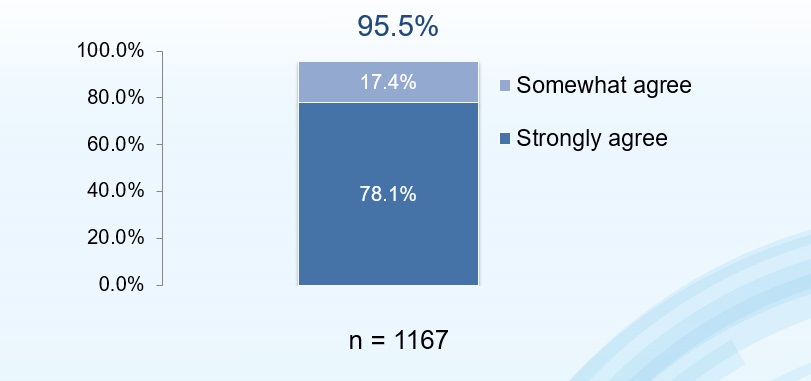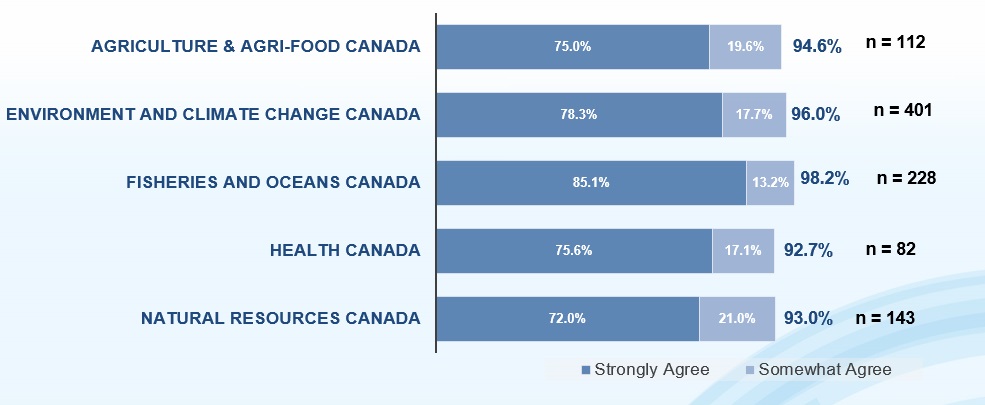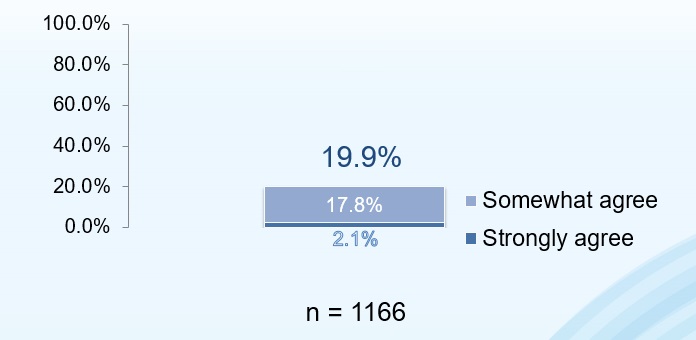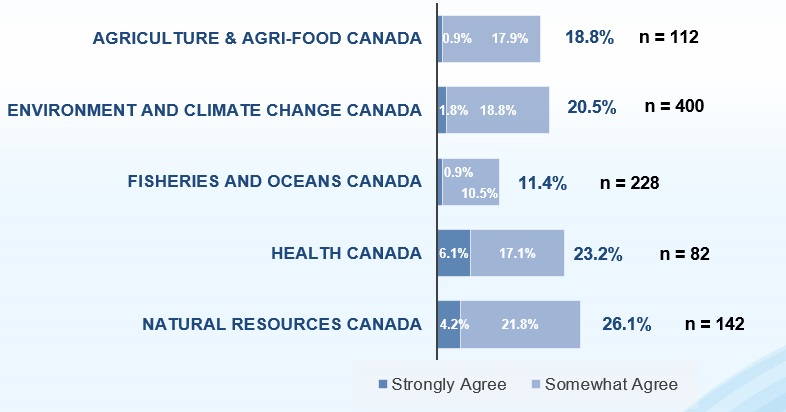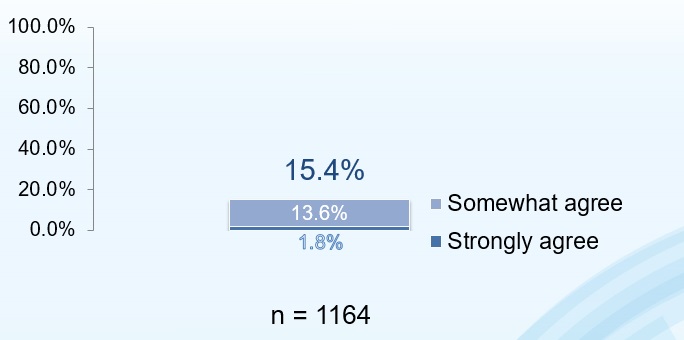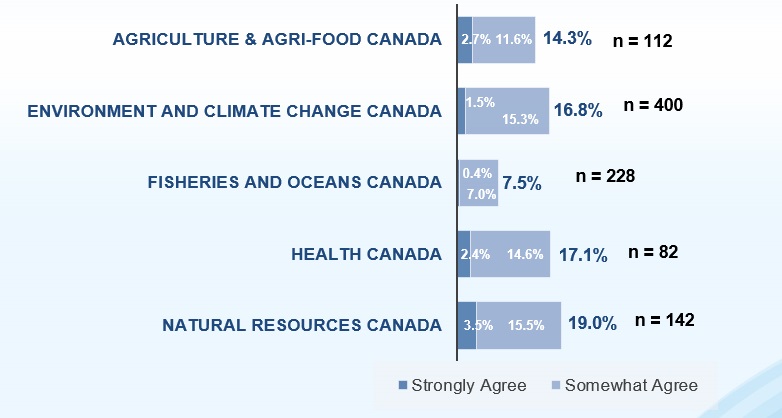In 2020 the Women in Science (WiS) team conducted a survey to learn about real-world experiences of parental and family leave in the federal public sector. The team surveyed members from the Applied Science and Patent Examination (SP) Group, the Audit, Commerce and Purchasing (AV) Group, the Architecture, Engineering and Land Survey (NR) Group, the Health Services (SH) Group, and the Research (RE) Group.
What they found is a broken system – one that runs on ad hoc managerial decisions, forces employees into making impossible decisions, and disproportionately penalizes women and gender diverse people.
The findings underscore the need, and the work ahead, to build a culture that values care: a culture that fosters inclusive and friendly workplaces for all people with care work responsibilities. They also reinforce the strength of our position and continued advocacy for better, clearer, and more accessible sick leave, parental leave, and Code 699 leave guidelines.
We know that many of the issues that the survey surfaced aren’t exclusive to the public service, or the groups that participated. We encourage everyone – all of our members, as well as employers, other unions, and decision-makers at every level – to read the full report.
Here’s a snapshot of the results:
"I have chosen not to have children as I don’t feel that I would be able to meet my position requirements if I had a child."
- 48% of the respondents expressed concern over the impact of family care responsibilities on their career
- 34% have considered delaying having a child because they believe it will negatively impact their career
“I acted in a manager role for 4 years. I declined to take the position permanently because of the lack of flexibility to balance family responsibilities with work during COVID-19.”
- 41% said they believe that maternity and parental leave can negatively affect career trajectory
- 22% of the researchers we surveyed said that their funding was impacted by their maternity or parental leave
“I feel like there is no one to call to ask for help. I am not sure where to start, besides talking to my manager. I have received very little information from my employer.”
- Only 2% of the respondents who needed support said they had childcare provisions at work
- Only 45% believe that the parental leave entitlements in their group’s collective agreement provide adequate support for families and new parents
Next steps
Care leave is a top priority for PIPSC members, which is why we’re building a multi-pronged campaign to address the issues highlighted in the survey, and to advance the recommendations made in the final report. We’re starting with education and awareness. Webinars will continue to be offered to members on leave options, how to access them, and what to do if denied.
We’re also building evidence for collective bargaining. Beginning with the work from the WiS team, PIPSC will expand its research to the whole membership, and then work with negotiators and bargaining teams to build the evidence-based proposals we need to effectively support and advocate for these issues at the bargaining table.
READ THE FULL REPORT


